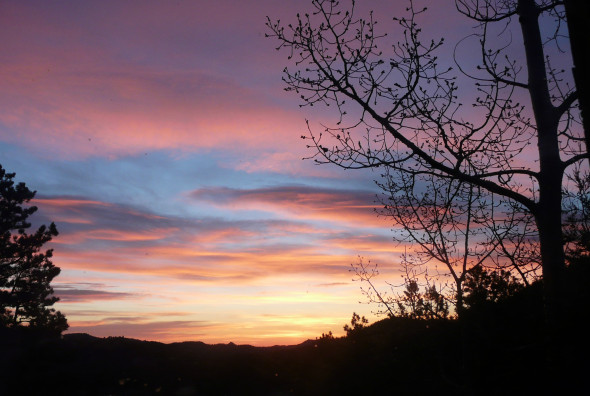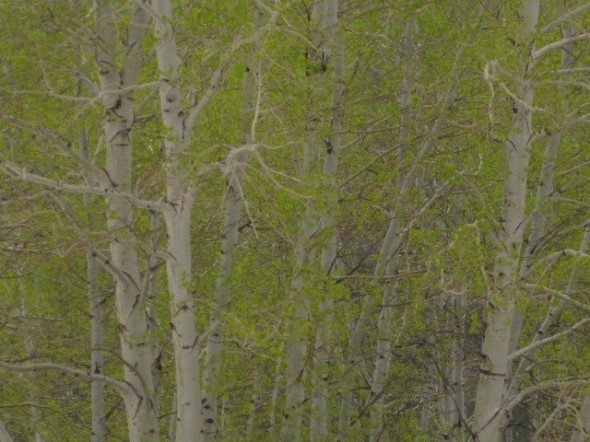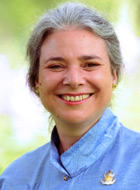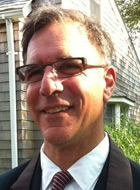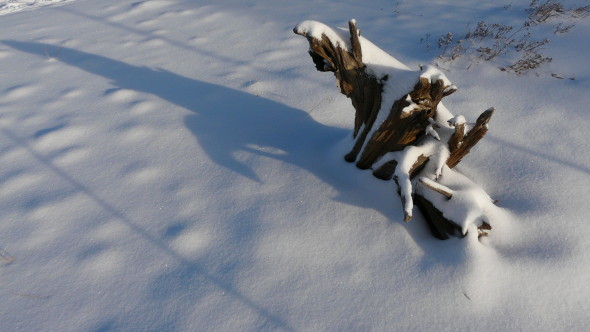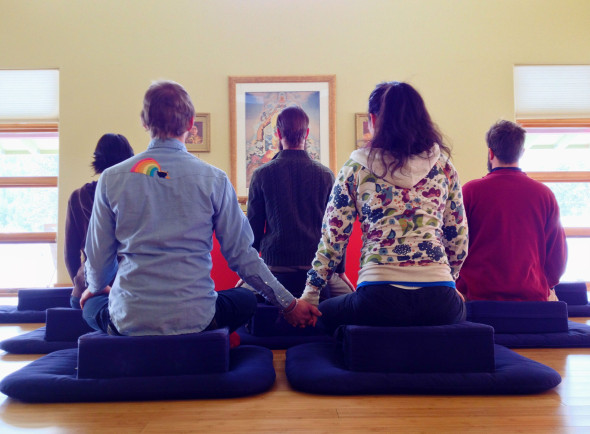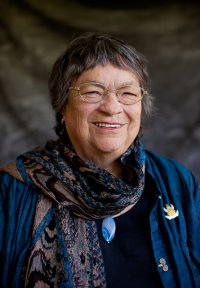By Sue Frederick
Sue Frederick is the author of Bridges to Heaven: True Stories of Loved Ones on the Other Side and I See Your Dream Job. She will be leading Bridges to Heaven: Grief Healing Workshop, July 18-20.
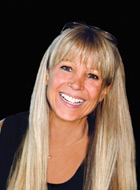 When bad news first arrives, it feels like the wind has been knocked out of you; it’s a punch to the gut. This moment is a great blessing. This is the brief and sudden moment of calm while your ego mind is stunned into silence. It’s the holy moment of grace when you can listen to and hear your own powerful intuition, your higher self. It whispers inside: “This is all going to be okay. Something better is waiting for you. This is all in divine order for your highest good.”
When bad news first arrives, it feels like the wind has been knocked out of you; it’s a punch to the gut. This moment is a great blessing. This is the brief and sudden moment of calm while your ego mind is stunned into silence. It’s the holy moment of grace when you can listen to and hear your own powerful intuition, your higher self. It whispers inside: “This is all going to be okay. Something better is waiting for you. This is all in divine order for your highest good.”
That’s the voice of your soul’s wisdom, your divinity, speaking up because your ego has been delivered a swift blow and is temporarily stunned. But very soon, within minutes, the ego mind fires back up and begins whispering: “How did this happen? This isn’t fair! Life is meaningless…”
Your ego mind is beginning the battle of survival that it was designed to do. This is the mind you agreed to have when you took a physical body for this incarnation. Yet it’s only half of your mind. The other half of your mind holds the doorway to your highest self, your divine intuition, and your true essence. In the brief gaps of silence from your ego mind, your higher self is always whispering the truth.
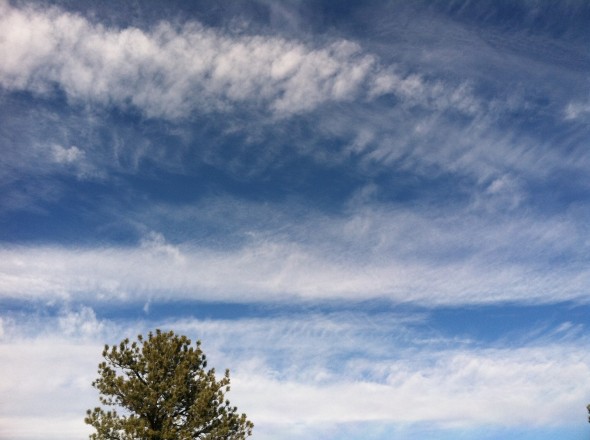 Photo by Jared Leveille of Shambhala Mountain — Friends of the Land
Photo by Jared Leveille of Shambhala Mountain — Friends of the Land
If you don’t grab hold of that inner voice, the deeper wisdom of your soul, the ego mind will quickly overpower you with fear messages — shifting into full blown fear and desperation: “You’re worthless, you’ll never feel love again, you won’t find another job, you’re all alone now, this is a tragedy….”
If you’ve learned to discipline your mind through meditation or other kinds of spiritual practice, the fear and negativity of the ego self can be diminished and contained before it pushes you into depression, illness, stress, and rage.
Every time you choose to indulge the fear voice, you allow it to grow stronger inside until it becomes your boss. It will fight to reign supreme over your soul’s wisdom. It tells you to protect yourself, defend your actions, fight for survival, trust no one, close your heart, blame everyone, and that nothing here is fair.
Everything changes the moment you ask to hear your soul’s wisdom. It’s a simple request, an act of surrender to the lesson: “Please show me my soul’s lesson and help me move through this with love and courage.”
That simple request calls divine guidance to your side, fills the room with light, opens your heart, quiets your mind, shows you another perspective on your pain; it illuminates the choices you didn’t know you had.
Your highest self created this moment of pain to allow you to step up to your wisdom, to awaken into love, to embrace your spiritual perspective and take your life to the next level of your soul’s growth.
You’re not a victim to loss, disease, heartbreak, the economy, a terrible manager, or corrupt politicians. You’re only a victim to your ego mind; it fills you with fear and keeps you from moving into the light.
YOU are a divine being who created this painful moment to shake lose your old patterns of negativity; to provide an opportunity to embrace your soul’s perspective — even while you walk in this physical world.
You came here to merge your divine self with your physical self and create a new level of consciousness for yourself and others.
You intended to be grand and fearless, bold and awake, infused with wisdom, loving and aware. Your divine lens, your spiritual self, illuminates this path and shows you your next step.
Your ego self says it isn’t possible.
You get to choose. Just a simple request for divine guidance. And it changes everything…
Sue Frederick will be leading Bridges to Heaven: Grief Healing Workshop, July 18-20. To learn more, please click here.
~~~
Please watch our recent interview with Sue Frederick: Exploring Grief, Intuition, and Healing
 Camilla Figueroa, MSW, is founder of Dharma Yoga Therapy and is certified in Thai Yoga Massage, Dharma Yoga and Phoenix Rising Therapy.
Camilla Figueroa, MSW, is founder of Dharma Yoga Therapy and is certified in Thai Yoga Massage, Dharma Yoga and Phoenix Rising Therapy.

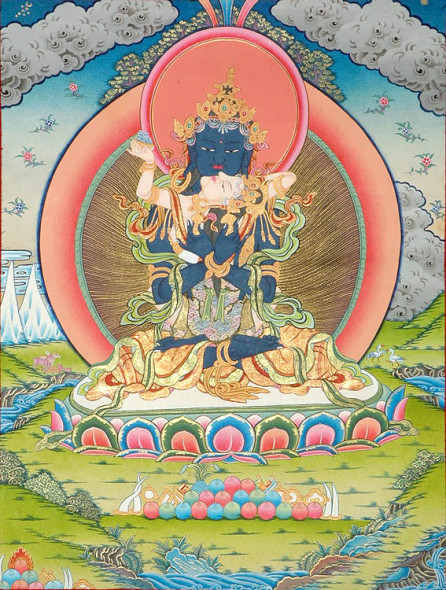

 Thank you, fear, for being such a powerful teacher, for waking me at night with heart tremors, for unplugging me from my source, for taking on the illusion of bills to pay, children to provide for, a husband dying of cancer, and terrifying self doubt. Such magnificent lessons!
Thank you, fear, for being such a powerful teacher, for waking me at night with heart tremors, for unplugging me from my source, for taking on the illusion of bills to pay, children to provide for, a husband dying of cancer, and terrifying self doubt. Such magnificent lessons!